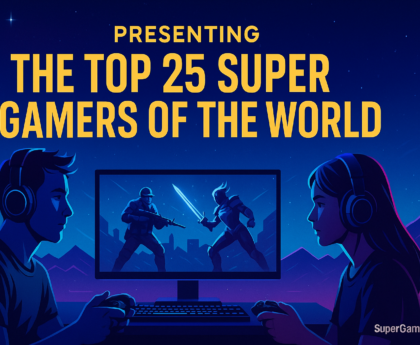Online gaming is illegal in some countries due to a variety of social, cultural, economic, and legal reasons. Here are the primary factors that contribute to this prohibition:
1. Gambling and Betting Concerns
• Connection to Gambling: Many online games, especially fantasy sports, poker, or casino-style games, involve monetary stakes, which are considered gambling in some jurisdictions.
• Addiction Risks: Governments fear that online gaming may lead to gambling addiction, causing financial and social harm.
• Regulatory Challenges: It’s often difficult for authorities to regulate and monitor online gambling platforms effectively, leading to outright bans.
2. Moral and Cultural Reasons
• Social Norms: In some countries, gaming involving gambling, violence, or certain themes conflicts with cultural or religious values.
• Perceived Immorality: Games with violent or suggestive content are often seen as harmful to social ethics and youth upbringing.
3. Economic Concerns
• Unregulated Transactions: Online gaming platforms often facilitate cross-border monetary transactions, leading to potential loss of revenue for local governments.
• Tax Evasion: Platforms may operate outside the country’s tax framework, depriving governments of income.
4. Addiction and Mental Health Issues
• Excessive Gaming: Authorities may view gaming as a source of addiction that impacts education, productivity, and mental health.
• Psychological Impact: Prolonged exposure to gaming can lead to issues such as depression, anxiety, and social isolation, prompting governments to act.
5. Cybersecurity and Fraud Risks
• Fraudulent Platforms: Some online gaming sites are fraudulent or involve scams, leading to financial losses for users.
• Data Privacy: Concerns about the misuse of personal and financial data by gaming companies or hackers.
6. Political and National Security Concerns
• Foreign Influence: Online games from foreign developers might include content that is politically or socially sensitive.
• Espionage Concerns: Governments fear that some platforms could be used to gather sensitive data or promote propaganda.
7. Youth Protection and Social Harmony
• Impact on Youth: Prolonged gaming can affect children’s academic performance, physical health, and social behavior.
• Family Disputes: Online gaming has been linked to family conflicts and disruptions in some regions.
8. Lack of Proper Legislation
• Undefined Boundaries: In some countries, the lack of clear legislation around online gaming leads to blanket bans instead of regulation.
• Enforcement Challenges: Authorities may lack the infrastructure or expertise to regulate online gaming properly.
Countries Where Online Gaming Is Restricted or Banned
• India (some states): Certain states, like Tamil Nadu and Karnataka, have banned online games involving money due to gambling concerns.
• China: Strict regulations on online gaming time for minors and bans on specific games.
• United Arab Emirates: Some online games are banned due to content violations or gambling-related concerns.
• South Korea: Laws like the “Shutdown Law” restrict minors from playing games during certain hours.
• Saudi Arabia: Bans on games with content deemed inappropriate by Islamic standards.
Alternative Approaches
Some countries choose regulation over prohibition by introducing measures such as:
• Licensing online gaming platforms.
• Imposing taxes on gaming transactions.
• Implementing strict age verification and anti-addiction mechanisms.
By addressing these concerns through regulation and education, governments can potentially strike a balance between the benefits and risks of online gaming.




